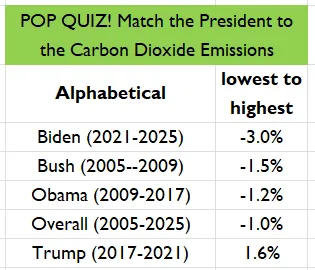There are big things happening in the news, especially if you care about climate change.
On Friday, the historic Paris Agreement officially went into effect, months earlier than anyone expected. And on Monday, countries from around the world convened in Marrakesh, Morocco for the beginning of the annual U.N. Framework Convention on Climate Change (UNFCCC), where leaders are hoping to begin the process of turning the agreement from a historic moment into reality.
In a normal year, these two events would be huge, headline making news. But, if you live in the United States, you probably didn’t notice this was going on. You probably didn’t care — too caught up in the final sprint of what has been one of the most divisive presidential elections in recent history.
And, for once — for now, for the next 48 hours — that’s okay. Climate change is a huge story, arguably the biggest story in the world, due to the sheer magnitude of the problem and its consequences. But it’s hard to talk about these two events — the Paris Agreement and the conference to discuss its implementation — unless you know whether Democrat Hillary Clinton or Republican Donald Trump is going to be the next president of the United States. Because depending on who wins the election, the world is facing two very different paths.
…
Donald Trump has a plan, too — but it’s not about helping the United States maintain its position as a leader on climate action. He wants to pull the U.S. out of the Paris Agreement, a process he could begin during his first term and witness the completion of if he is re-elected.
Even if he doesn’t officially pull the United States out of the agreement, the domestic energy policies Trump has made public — opening up offshore drilling and federal coal leases, dismantling the Clean Power Plan — would make it really difficult for the U.S. to meet its commitment of reducing emissions 26 to 28 percent below 2005 levels by 2025. He has also promised to completely cut federal spending on clean energy research and development, which would effectively slow down the transition to a carbon-free economy just as the consequences of unfettered carbon pollution are becoming increasingly clear.


